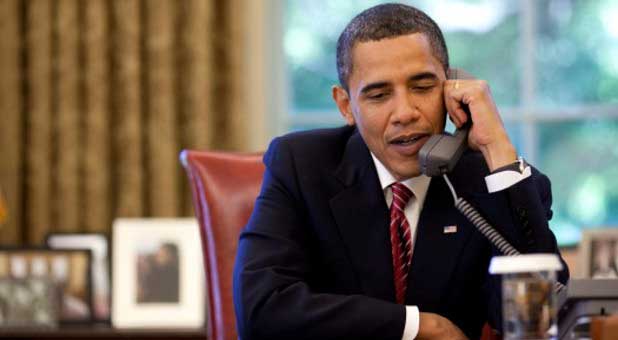The United States should consider military action to curb Syrian chemical weapons after Washington went public with suspicions they have been used in the country’s civil war, Israel’s deputy foreign minister said on Friday.
The challenge by Zev Elkin, a confidant of Prime Minister Benjamin Netanyahu, underscored tension this week over the allies’ assessments on Syria, as well as longer-running disputes about how aggressively to confront Iran’s nuclear program.
The White House said on Thursday the Syrian government had probably employed chemical arms on a small scale against rebels. The disclosure created a bind for President Barack Obama, who has declared such use a “red line” that must not be crossed.
It was also a shift from Washington’s skeptical response to Tuesday’s publication by the Israeli military of intelligence findings that Syrian President Bashar al-Assad’s forces had used chemical weapons repeatedly in recent months.
“The Iranians are watching, the whole world is watching too, and we should also see what happens,” Elkin told Israel’s Army Radio, when asked how U.S. strategy on Syria might unfold.
“There is a question here of when you set a red line, do you stand behind it?”
Israel has threatened to strike Syria, an enemy with which it previously maintained a decades-old truce, to prevent Assad’s chemical arsenal falling into the hands of jihadi insurgents or of Hezbollah guerrillas in neighboring Lebanon.
There has been similar Israeli sabre-rattling against Iran. But the Jewish state, with its military and diplomatic clout limited in a volatile region, has made clear it would prefer Washington to take the lead on any major offensive.
Commenting on the shift in Washington’s stance on Syria’s chemical weapons, Elkin said: “If, until today, there has been an effort to ignore our opinion, to a degree … now that the Americans’ red line has apparently been crossed, there is a test.
“It is clear that if the United States wants to and the international community wants to, it could act – inter alia, militarily – to take control of the chemical weapons, and then all the fears … will not be relevant.”
He did not elaborate on what U.S. tactics he envisaged.
Wary of being drawn into another Middle East war in the name of curbing weapons of mass destruction, the Obama administration said it wanted definitive proof before intervening in Syria and was consulting with allies about possible steps.
The Assad government, shunned by much of the West as it battles an insurgency now in its third year, has denied using chemical arms – and hedged on whether it even possesses them.
Elkin said he expected world powers to clarify their position on Syria “in the coming days”.
“It could be that the moment the international community understands that indeed the red lines were crossed, and indeed the weaponry was used, they will understand that there is no avoiding this action—that instead of leaving things in the fog, it is time to take control (of the arsenal),” he said.
(Editing by John Stonestreet)
© 2013 Thomson Reuters. All rights reserved.














































